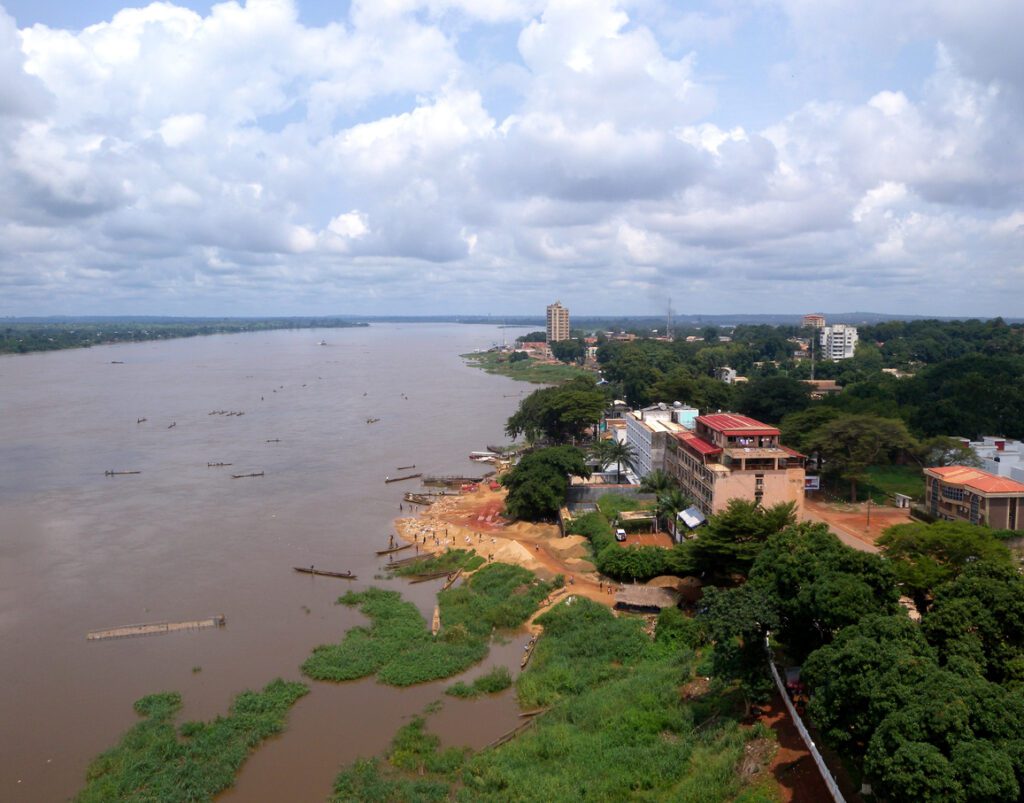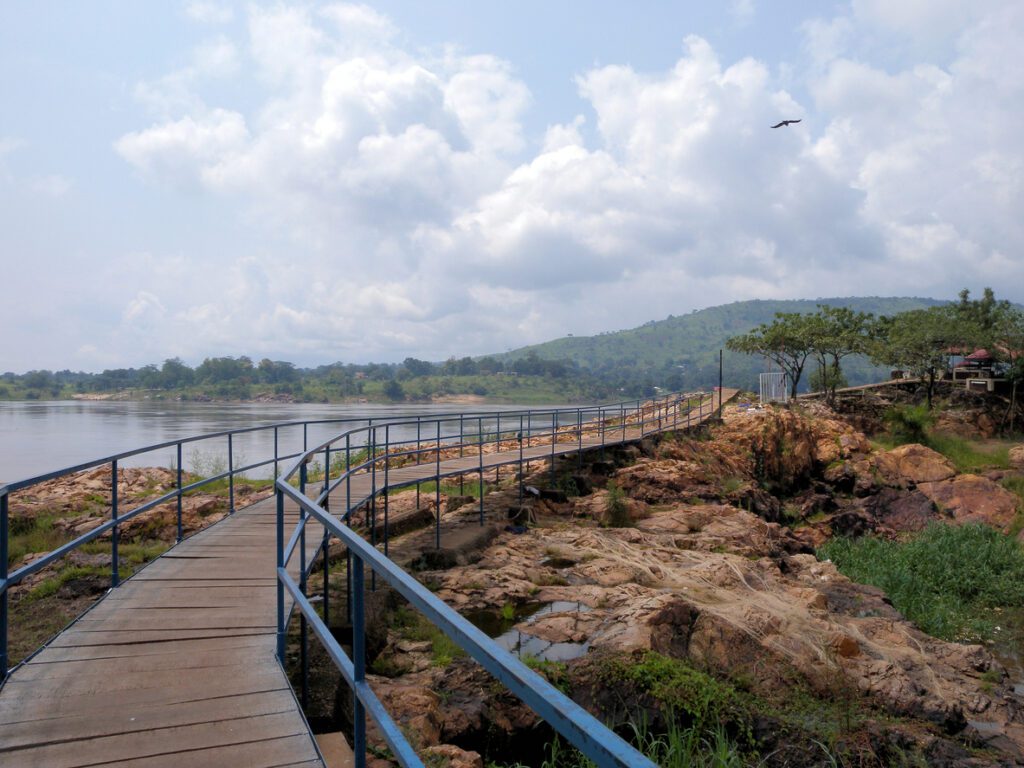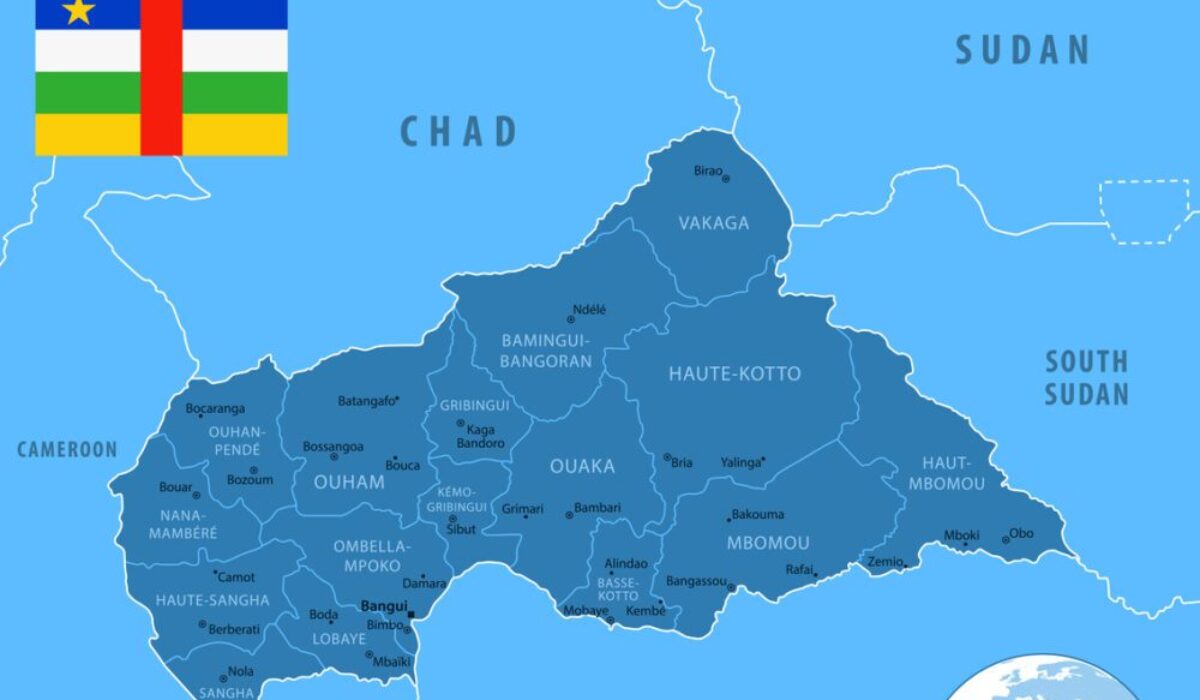Ambition 28: Can the Central African Republic Rewrite Its Future?
The Central African Republic (CAR) has long been shorthand for fragility: a landlocked nation marred by conflict, political instability, and chronic underinvestment. But in 2025, Bangui’s government is making a radical pitch to the world: a USD 12.8 billion bet on roads, fiber optics, education, and energy that it believes can turn the country into Africa’s next growth story.
The plan is bold in scope. By 2028, CAR wants to cut poverty, pave 2,300 kilometers of national roads, string 3,000 kilometers of fiber optic cable, and increase electrification from a negligible 4% to a still-modest—but transformational—38%. The blueprint, titled the National Development Plan 2024–2028, is being unveiled not in Bangui but in Casablanca, at a high-profile “Ambition 28” investor round table on September 14–15, bringing together the World Bank, the IMF, the African Development Bank, and a wide range of private capital players.
“We are determined to unlock our country’s largely untapped potential by accelerating economic growth, building resilient infrastructure, and improving public services,”
President Faustin Archange Touadéra.

A Fragile State with Big Numbers
On paper, CAR is still among the world’s poorest countries. Yet the economic metrics have begun to shift: 5.1% GDP growth in 2024, inflation at just 1.5%, and a stable currency. Politically, Touadéra’s tenure since 2016 has brought a degree of pacification and institutional renewal. In the Global Soft Power Index 2025, CAR ranks 18th in Africa—a modest position, but its highest ever.
“We are looking for fair partners who want to do good business—and have the courage to write Africa’s next success story with us.”
Untapped Assets: Soil, Forest, Minerals
The case for investment rests on resources that are abundant, underused, and in some cases, world-class:
- 15 million hectares of arable land—only 5% currently farmed.
- 23 million hectares of forests, home to high-value timber species and eco-tourism potential.
- 470+ mineral deposits, from diamonds and gold to uranium, iron, and coltan.
For a global investor community seeking yield in an era of geopolitical realignment, the story is enticing: Africa’s youngest populations, the AfCFTA’s 1.3 billion-consumer market, and a government keen to provide fiscal incentives and infrastructure.
“The National Development Plan is about laying the foundation for a forward-looking vision,” argues Prime Minister Félix Moloua. “We are creating the conditions for success—and inviting our partners to participate.”

Casablanca: A Symbolic Stage
The decision to launch “Ambition 28” in Morocco is calculated. Casablanca is a magnet for African capital flows, bridging Europe, the Maghreb, and Sub-Saharan markets. By staging the round table there, CAR positions itself not as an isolated outlier but as a player in continental networks.
“This is about structural change—and about reducing poverty and improving the well-being of our people.”
Panels will highlight 24 concrete projects in energy, agriculture, mining, digitalization, and tourism. Global institutions are expected to stress partnership over charity—a framing that resonates with CAR’s leadership.
“We are not looking for handouts,” insists Prof. Richard Filakota, Minister of Economy, Planning, and International Cooperation.
From Risk to Narrative
Investors have heard promises before. CAR’s challenges are profound: geography, governance, and security risks remain heavy. But the narrative is shifting. For frontier investors, the upside of getting in early is obvious: land, resources, and demographic tailwinds at bargain valuations. For institutional players, participation signals long-term positioning in Africa’s continental growth story.
The bet, then, is whether Ambition 28 becomes another lofty plan shelved in Bangui—or whether Casablanca marks the inflection point where one of Africa’s most overlooked states begins to rewire its destiny.

